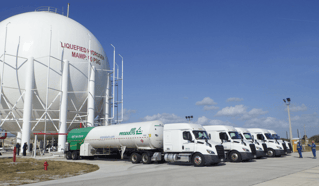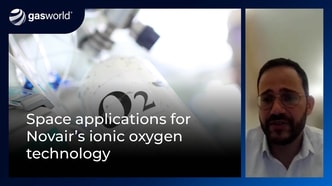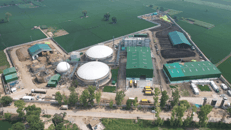Opinion: Biomethane has great potential and the campaign for it starts here
James Earl, Chief Executive at Future Energy Networks – a new UK organisation within the Institution of Gas Engineers and Managers, focused on the energy industry’s transition to Net Zero and clean power – outlines the goals of the newly launched Green Gas Taskforce (GGT) and biomethane’s key role in the decarbonisation journey.
My organisation, Future Energy Networks (FEN), is a proud founding partner of GGT, alongside 10 of Britain’s largest biomethane generators, shippers and traders, all five British gas networks and other important green gas industry groups.
At this inaugural event, the Taskforce shared some illuminating topline findings from new research on green gas due to be published in full soon.
Produced by the bioeconomy consultancy Alder Bioinsights, this research shows there is the potential to increase biomethane production capacity in this country by at least tenfold by 2050.
... to continue reading you must be subscribed

















